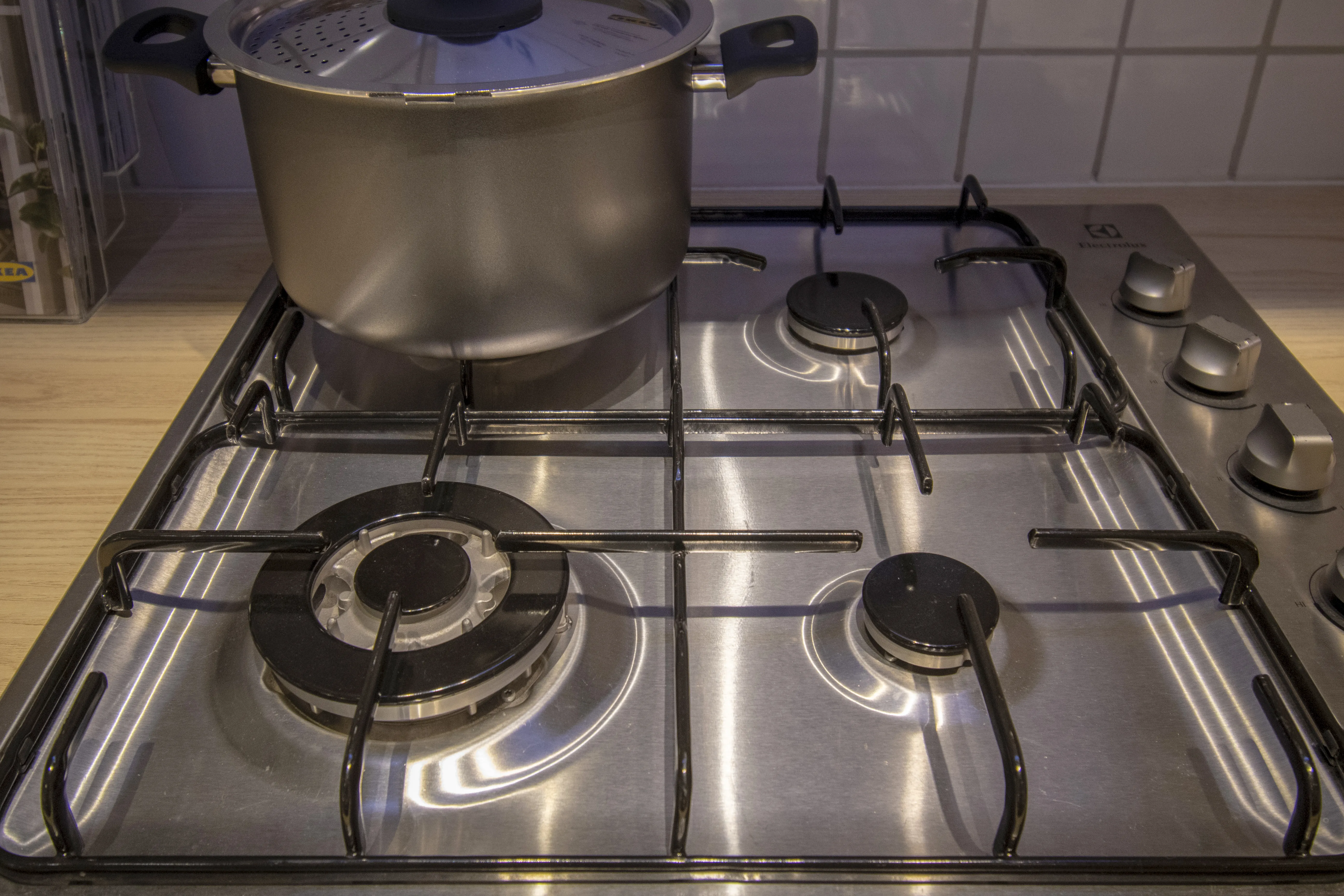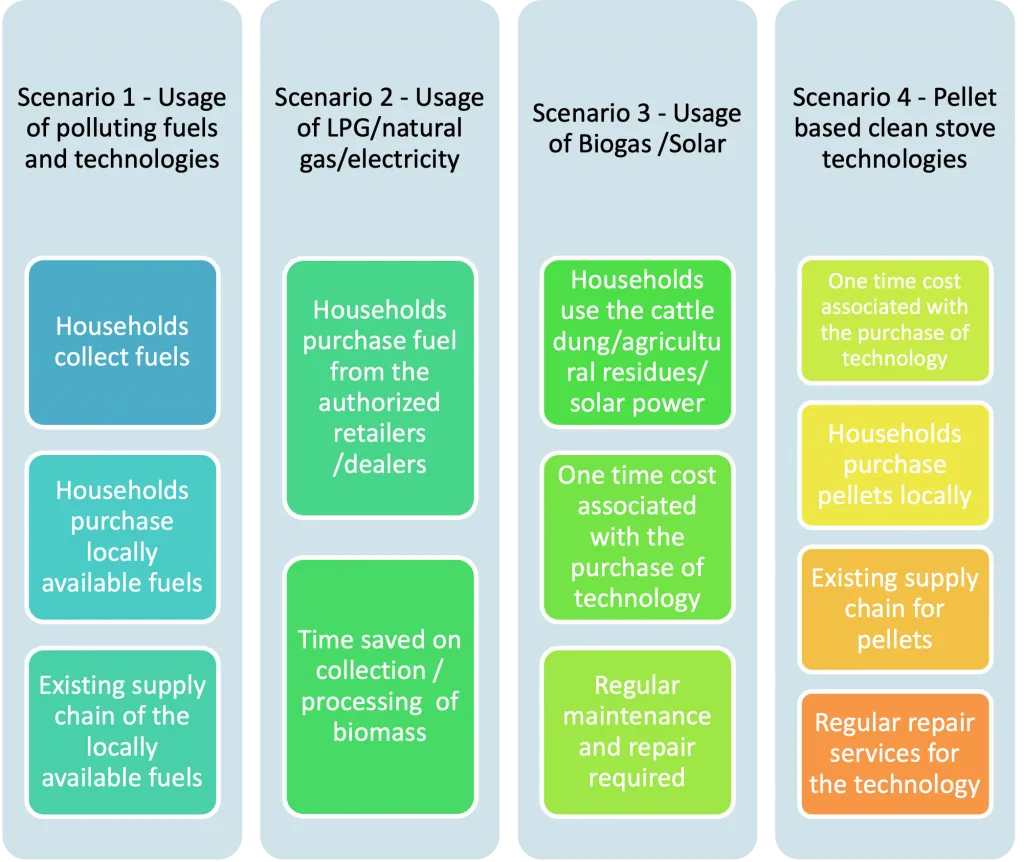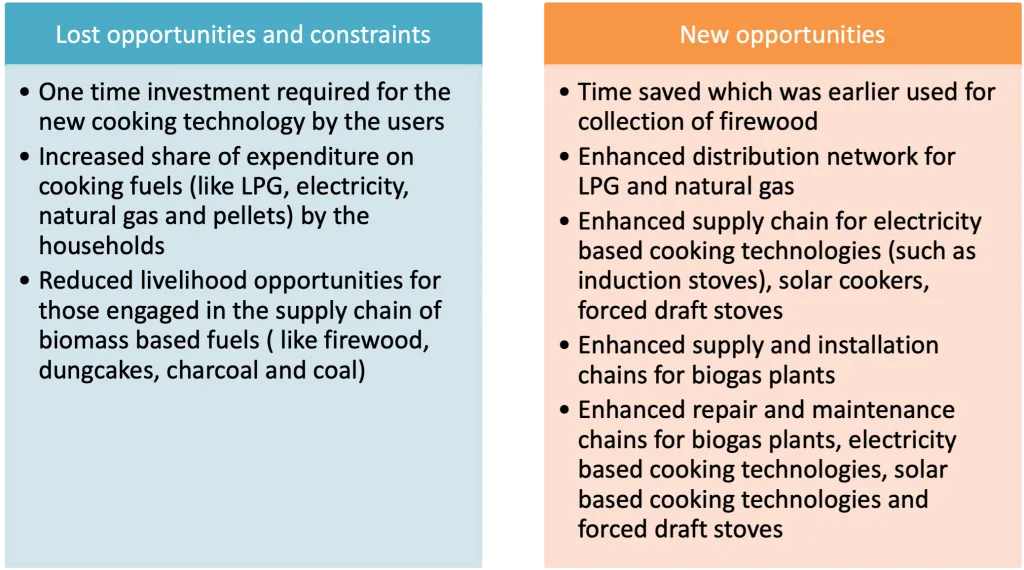
The
Just Transition Declaration was agreed at the United Nations Climate Change Conference held at Glasgow during November 2021 and was signed by more than 30 countries. The
concept of a “Just Transition” was initiated in the 1970s when the Labour Unions of the United States expressed their concern for the workers whose jobs were threatened due to environmental regulations. Today, the concept is much broader and encompasses a wide range of aspects and actors influenced by the large-scale transition towards a cleaner environment.
The global understanding describes ‘Just Transition’ as a process
“towards an environmentally sustainable economy, which needs to be well managed and contribute to the goals of decent work for all, social inclusion, and the eradication of poverty.” The International Labour Organisation (ILO) adopted the concept of Just Transition in the year 2013 and published the g
uidelines for Just Transition in the year 2015. Further, Just Transition found its space in the preamble of the Paris Agreement on Climate Change in
2015. The Just Transition Declaration agreed to at Glasgow supports the transition to net zero emissions following the guidelines of Just Transition. The
principles of Just Transition Declaration are: (1) Support for workers in the transition to new jobs; (2) support and promote social dialogue and stakeholder engagement; (3) economic strategies; (4) local, inclusive, and decent work; (5) supply chains; and (6) Paris Agreement reporting and Just Transition. The article introspects the scope of transition towards clean cooking fuels and technologies within the purview of the concept of ‘Just Transition’ and the first five principles of the Just Transition Declaration
Globally,
2.6 billion people do not have access to clean cooking fuels and technologies. The World Health Organisation’s (WHO)
Air Quality Guidelines (2021) provide indoor Fine Particulate Matter (PM 2.5) and Carbon Monoxide (CO) rate targets for each cooking fuel and technology. The cooking fuels considered as
clean and per the guidelines are solar, electricity, biogas, natural gas, liquefied petroleum gas (LPG), and alcohol fuels (including ethanol). Only one biomass-(biomass includes wood/charcoal/coal/agricultural residue/dungcake) based improved cookstove model named Mimi Moto forced air gasifier stove (which is primarily pellet-based) is
listed as clean cooking technology while biomass when used as cooking fuel in traditional stoves is considered a polluting cooking fuel.
Globally, 2.6 billion people do not have access to clean cooking fuels and technologies
A complete shift to clean cooking fuels and technologies by 34 percent of the population across the globe looks massive. Figure 1 presents four scenarios: (1) Usage of polluting fuels and technologies; (2) usage of LPG/ Natural Gas/Electricity (fuels distributed from distant sources); (3) usage of Biogas/Solar (renewable-based fuels which is available locally and free of cost); and (4) pellet-based clean stove technologies (based on forced draft technology, for example Mimi Moto stove).
Figure 1: Scenarios associated with usage of various cooking fuels and technologies at local level
 Source: Author's own
Source: Author's own
Figure 1 presents the changes expected at the household level and local supply chains in the transition from polluting cooking fuels (Scenario 1) to the clean cooking fuels (Scenario 2, 3 and 4). Mostly, the households collect the polluting cooking fuels (firewood/agricultural residues/dung cakes) which in general is available free of cost. However, the households pay for usage and refills in case of LPG, natural gas, and electricity. Thus, the share of expenditure on cooking fuel increases for the households when they shift to clean cooking fuels. In many places, there exists local supply chains for charcoal/firewood/coal. These supply chains will be influenced in the scenario of massive shift to the clean cooking fuels. At the same time, transition provides new opportunities. Figure 2 maps the lost and new opportunities at the local level, aligning with the principles of just transition under the scenario of complete transition to clean cooking fuels and technologies.
Figure 2: Lost and new opportunities in case of complete transition to clean cooking fuels and technologies
 Source: Author's own
Source: Author's own
Based on Figure 1 and Figure 2, an attempt is made to place the changes of transition to clean cooking fuels as per the first five principles of Just Transition Declaration.
- Support for workers in the transition to new jobs: The workers and masons engaged in the manufacturing and installation of improved cookstoves (stoves cleaner than the traditional mud stoves) or traditional stoves lose their livelihoods but other opportunities locally emerge such as for installations, repairs, and maintenance for electricity, solar, and biogas-based technologies. However, these new opportunities demand new skill sets.
- Support and promotion of social dialogue and stakeholder engagement: The transition affects large population of end users at the one side, and on the other side, calls for huge investments in terms of infrastructure if the country is focusing towards fossil-based cooking fuels (such as LPG/natural gas) or electricity. A strong cooperation is required at various levels including international, national, local, and industrial.
- Economic strategies: The strategies towards environmentally sustainable economy would also demand meticulous planning for manufacturing/processing and distribution of clean cooking fuels and technologies as well as for mainstreaming the local population in the newly created opportunities. Huge investments in infrastructure are expected for covering the access gap in the countries with low rates of access for clean cooking fuels.
- The creation of local, inclusive, and decent work: A complete transition to clean cooking fuels and technologies provide congenial space for creation of decent and inclusive work for all through diverse range of new supply and service delivery chains (listed in figure 2). Another aspect encompassing the inclusivity is of engaging more women in the economic activities. In general, women are primarily responsible for collection of firewood for cooking and spend a considerable amount of time in collection. For example, a woman in India cooking with traditional biomass stove spends about 374 hours in a year for collecting firewood. The time saved may be planned towards encouraging women and girls for education or other economic activities. The complete transition provides opportunity to identify ways for inclusive and decent jobs for all.
- Supply chains: New or scaling up of supply and distribution networks along with repair services are required in the scenario where the entire population shifts to clean cooking fuels and technologies. The principles of Just Transition Declaration demand enhancing the skills of the actors associated with the supply chains of the polluting cooking fuels to match the skills for supply and distribution network of clean cooking fuels and technologies.
The understanding of Just Transition highlights three pillars: Environmentally sustainable economy; decent work for all; and social inclusion.
The understanding of Just Transition highlights three pillars: Environmentally sustainable economy; decent work for all; and social inclusion. New manufacturing, supply and service delivery chains emerge with the transition. However, the principles of Just Transition would: (1) Demand planning in terms of imparting skills to suit the new manufacturing and distribution networks; and (2) enhancing affordability for the end users to encourage sustained usage of clean cooking fuels, especially amongst the poor. Inclusion of women and marginalised in the installation, supply/distribution, and maintenance network may strengthen the concept of social inclusion and decent work for all. Above all, one needs to argue the suitability of fossil-based cooking fuels such as LPG and natural gas in the list of clean cooking fuels while discussing the broader transition towards an environmentally sustainable economy, which is beyond the purview of the present article.
A complete transition to clean cooking fuels and technologies by itself falls into the framework of ‘Just Transition’ where the benefit is for all, especially for the women. meticulous planning amplifies the potential towards an environmentally sustainable economy and decent jobs for all at the local level. Thus, ‘Just Transition’ can be the way to achieve universal access to clean cooking fuels and techonologies
The views expressed above belong to the author(s). ORF research and analyses now available on Telegram! Click here to access our curated content — blogs, longforms and interviews.



 The
The 

 PREV
PREV


